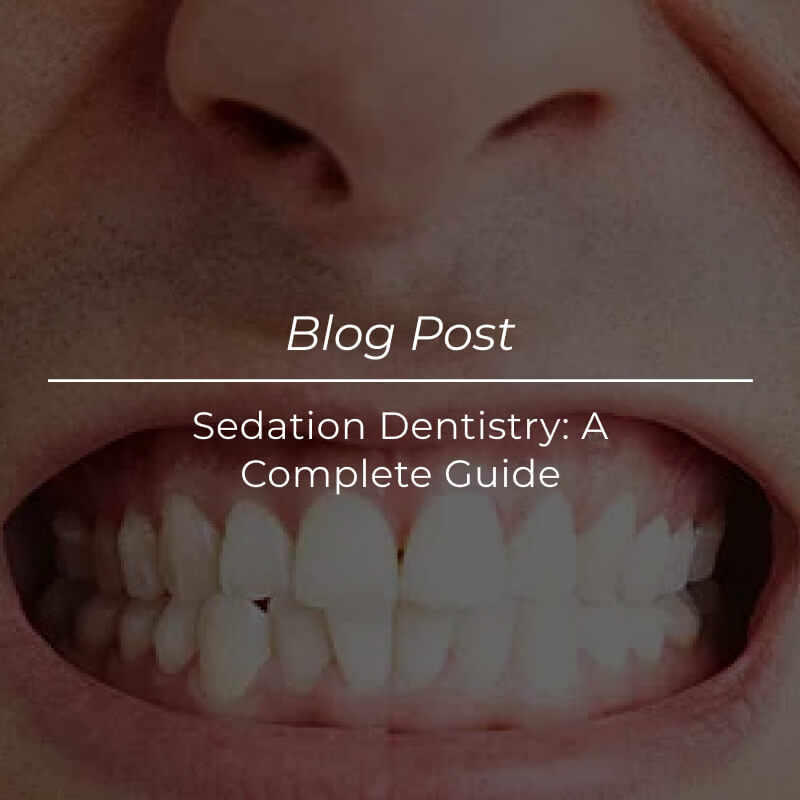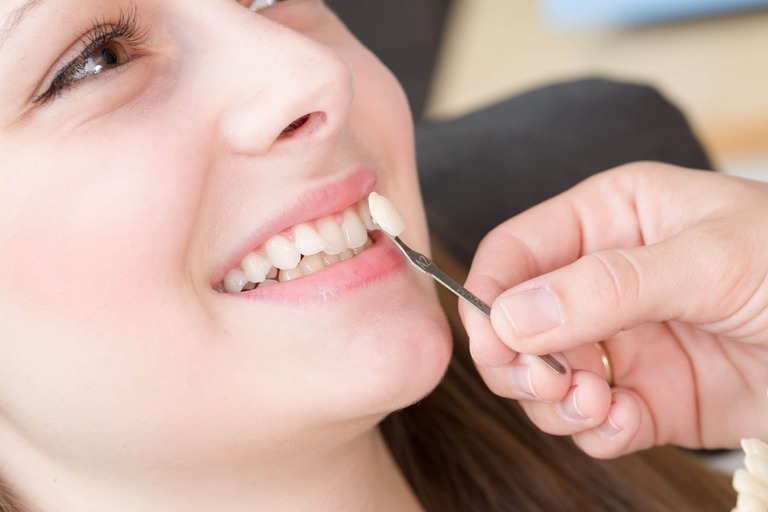-
Mon- Sat 08:00-18:00
-
Call Us Now 1300 99 1300

It is vital to undergo regular dental exams and cleanings to ensure that your teeth and gums are in good health. If you are one of those Australians who avoid seeing the dentist due to fear or anxiety, sedation dentistry can be right for you. This technique will make your regular dentist appointments stress-free and relaxing.
You can be one of those people with dental anxiety or a dental phobia if you make excuses to put off attending dental appointments. Dental appointments are typically avoided by people who experience dental anxiety because they are anxious when sitting in the dentist’s chair.
However, if you have dental fear, you will do everything to avoid going to the dentist. Worry and anxiety may prevent you from getting a good night’s sleep the night before a meeting. Additionally, visiting the dentist will make you feel sick.
If any of this seems familiar to you, rest assured that millions of other individuals experience the same things. As a result, the sedation dentistry technique might help you feel more at ease and calm when visiting the dentist.

Sedation dentistry is a dental treatment in which patients are given various drugs to help them relax while undergoing dental treatments. Sedation dentistry was formerly called sleep dentistry. However, the majority of sedation dentistry patients are awake throughout the procedure. Only individuals who receive general anaesthesia in emergencies fall asleep.
There are four primary categories of sedation practises, depending on the patient’s level of anxiety and fear. It entails general anaesthesia, nitrous oxide sedation, oral sedatives, and intravenous sedation. In addition, patients who might otherwise avoid the dentist can now receive the necessary dental care thanks to sedatives.
Oral sedatives
An oral sedative is ingested to relax a patient before receiving dental treatment. The patient often takes this drug an hour before the procedure. This kind of sedative relaxes you, but you are still awake. Depending on the dosage, it induces mild to moderate drowsiness.
Intravenous Sedation
Another form of anti-anxiety medication is administered intravenously to maintain a steady drug supply during the dental procedure. However, it makes the patients sleepy and oblivious to the process. If the dentist decides to use this method of sedation on you, you will need to wear a nasal oxygen tube, and the dentist will keep an eye on your vital signs while you’re under sedation.
Sedation with Nitrous Oxide
Patients who use nitrous oxide as an inhaled sedative to feel more at ease breathe in a mixture of nitrous oxide and oxygen. Nitrous oxide is administered to the patient via a nasal mask throughout the treatment. The dosage can be adjusted by dentists as needed.
Compared to other forms of sedation, inhaled sedation subsides relatively fast. Most of the time, it enables patients to drive home after surgery.
General Anaesthesia
A patient receives general anaesthesia from a licenced dentist. During the dental treatment, the patient passes out and sleeps for extended periods. To ensure your safety, dentists will keep an eye on your vital signs throughout the procedure, and you won’t remember anything when you wake up.
Generally, dental operations use three different levels of sedation. As follows:
You may wish to check if you can have dental sedation during your next dentist appointment. But, first, ask your dentist if any of the following apply to you:
Don’t let anxiety or dread keep you from visiting the dentist. You deserve to grin brightly and healthily, just like everyone else. When scheduling your subsequent dental appointment, you can tell the dental team about your fear. They will assist you in making an appointment to get sedation during a dental exam, cleaning, or other necessary procedure.
To learn more about sedation dentistry, contact Care Family Dental at (03) 9999 3324 or drop an email at .
Sedation dentistry is typically only partially covered by dental insurance plans with maximum benefits. Your insurance plan may pay for the actual dental work and procedures, but there is generally less chance that it will pay for the fees associated with sedation. In addition, sedation is not covered by the majority of plans, if not all of them, because they view it as an elective procedure.
However, if sedation is medically necessary due to a pre-existing medical condition that may preclude a patient from receiving dental care without it—for example, patients with special needs—some health insurance plans may pay for it. It is because your dental plan’s coverage is so dependent upon it. As a result, you can speak with your provider for specific information.
Most dental practises providing little to moderate sedation during sedation dentistry procedures. However, not all dental clinics might have the necessary education or working history in this area. So, when looking for a practice that offers sedation dentistry, you can look at the following:
You can receive sedation if your dentist decides it’s necessary. Any physical or physiological pain the procedure may cause will be lessened. Your dentist will give the sedative either before or during the treatment. Your level of anxiety, the circumstances of your care, and the sort of sedation administered all have a role.








